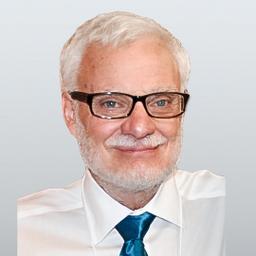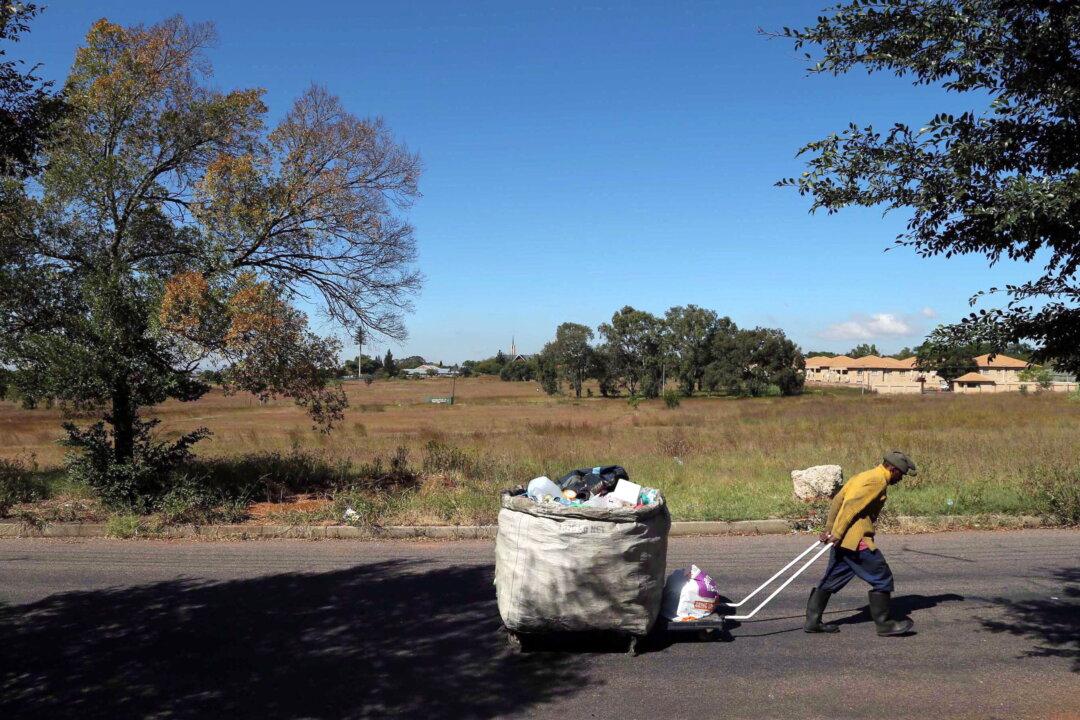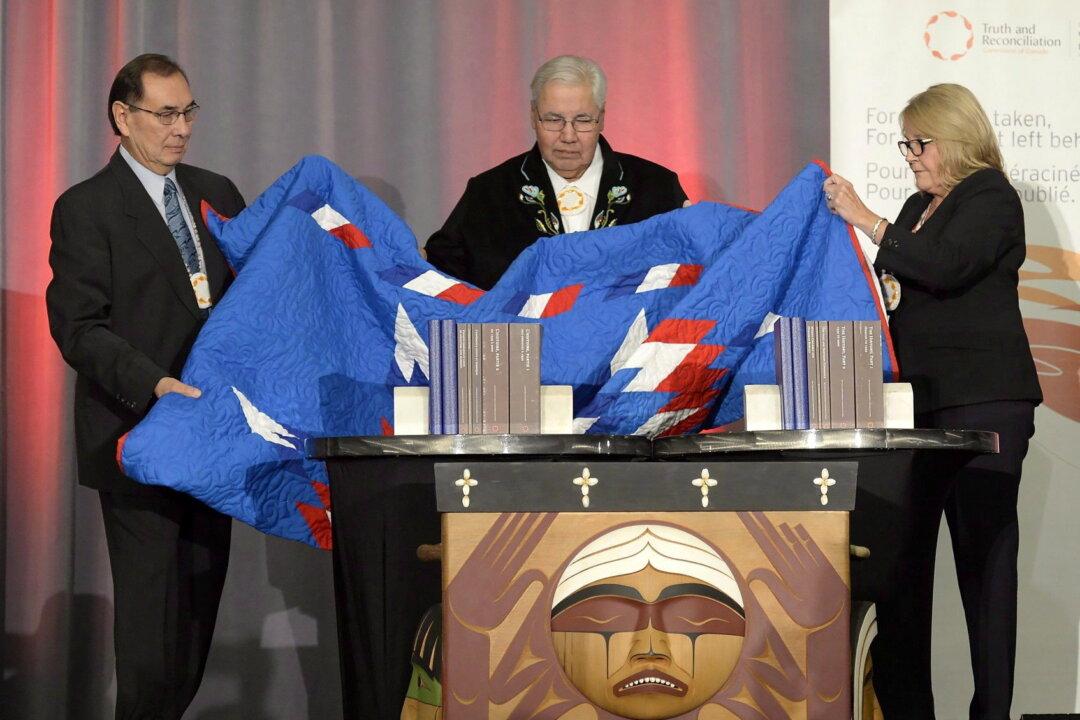Commentary
For the last 60 years or so, a raging storm of controversy has hung over public education in Canada. It has also pitted some educators, often called “traditionalists,” against others, often called “progressives,” and it has been affecting the way children are educated in public schools.





